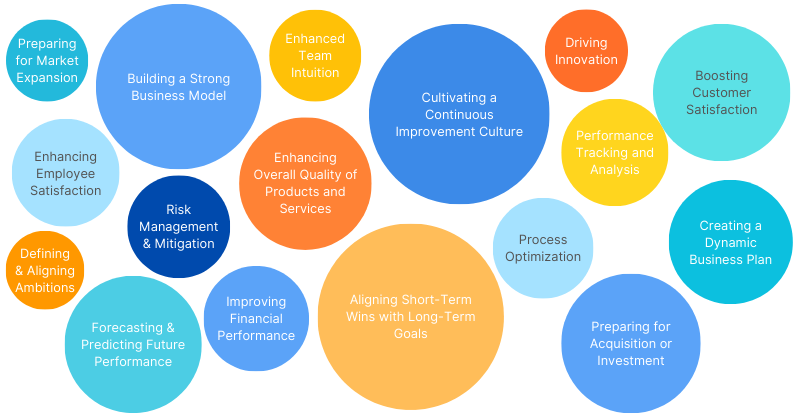
What is ICT security?
Master Your Purpose. Own Your Freedom. With ICR.
ICT security, also known as information security or cybersecurity, involves protecting computer systems, networks, software, and data from unauthorized access, attacks, damage, or theft. It encompasses a wide range of practices and technologies designed to ensure the confidentiality, integrity, and availability of information.
This includes implementing measures such as firewalls, encryption, authentication protocols, software updates, and awareness programs to minimize the risks of cyberattacks, malware, phishing, and other threats. The goal of ICT security is to ensure the confidentiality, integrity, and availability of information and to maintain the continuity of ICT systems.
ICT security is a relative concept, as nothing is entirely risk-free under all circumstances. Therefore, ICT security can also be described as consciously accepting an acceptable level of risk. This means limiting the potential consequences of security incidents to a predetermined, acceptable level. For example, think about ensuring the integrity and confidentiality of processing financial data.
Organizations often store confidential information, such as customer personal data, trade secrets, financial data, and more. Protecting this data is crucial to prevent it from falling into the wrong hands. Cyberattacks can lead to significant financial losses through direct theft, loss of business continuity, costs for system recovery, and possible fines for non-compliance with regulations.
A security breach can severely damage the trust of customers, partners, and stakeholders. A well-secured ICT environment helps maintain and enhance a positive reputation. Moreover, many sectors have strict regulations regarding data security (such as the GDPR in Europe). Non-compliance can result in heavy fines and legal issues.
Companies that take their security seriously and can demonstrate this have a competitive advantage. Customers and partners prefer to do business with companies that protect their data well. Security measures also provide the freedom and safety to explore new technologies and innovations without fear of security incidents.
By implementing the following measures, you can protect your organization's ICT environment against various threats and risks:
- physical security, this means securing physical access to IT infrastructure.
- network security, this means using firewalls, IDS/IPS, and network segmentation.
- endpoint security, this means employing antivirus software, antimalware, and device security.
- data encryption, this means encrypting data during storage and transmission.
- identity and access management, this means managing who has access to which resources.
- secure software development, this means integrating security into the software development lifecycle.
- incident response, this means establishing procedures for responding to and recovering from security incidents.
- awareness training, this means educating staff about security practices and threat recognition.
Sustainable success through controlled and manageable growth
The ICR Growth & Success SaaS Platform helps people and organizations find balance and peace, through controlled and manageable growth, with the aim of a healthy and sustainably successful organization. We do this through the all-encompassing ICR Cycle.
Being inControl in this process from ambition to result is crucial. Within the ICR Cycle, inControl actually means controlled and manageable growth. The dashboard gives you insight into the current status. In the video below you can see how the dashboard transforms from the moment you start using ICR.
With our 4 ICR subscription options, you can decide for yourself when to fully engage with the entire ICR Cycle. Choose our successful approach and start your process 'from ambition to result' with the more than affordable ICR Ambition Refresher subscription.
General applications of the ICR Growth & Success SaaS Platform
The ICR Growth & Success SaaS Platform addresses a wide range of business needs, making it a versatile tool for organizations striving for sustainable success. Below is an overview of its general applications, along with the added value it provides for businesses and organizations.
Learn more about the general applications of the ICR Growth & Success SaaS platform.


